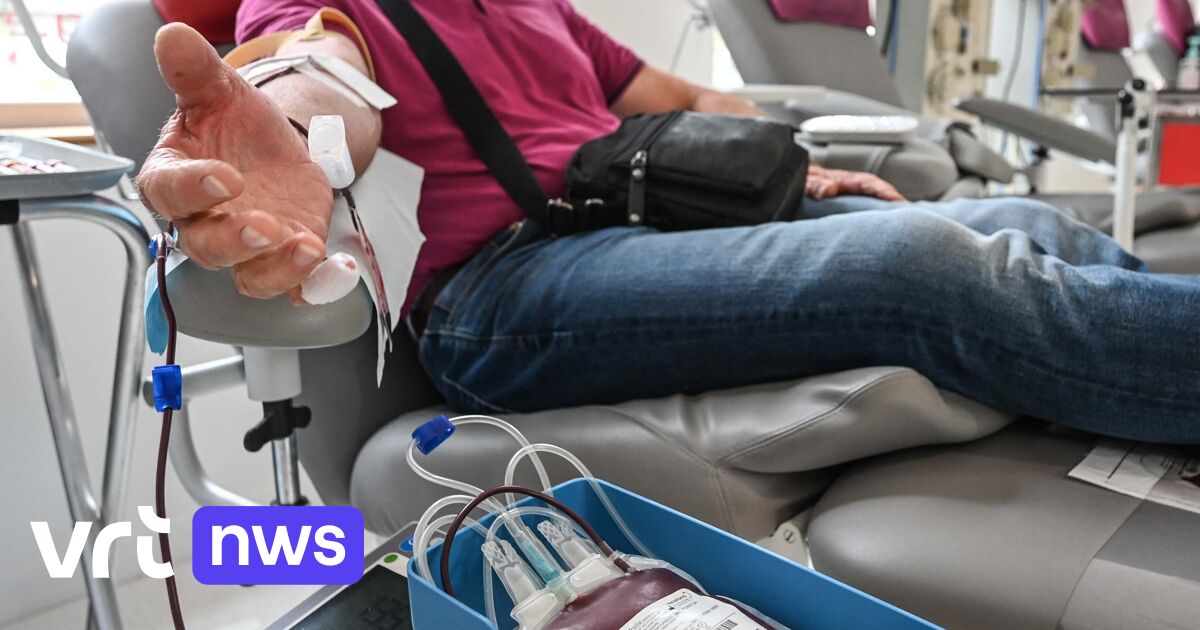Urgent Call for 25,000 Plasma Donors to Boost National Self-Sufficiency

The demand for plasma-based medication is experiencing a consistent rise, both within Belgium and internationally. Currently, Belgium's domestic production only meets approximately half of its plasma requirements, necessitating the importation of the remaining amount. To address this reliance on external sources, Red Cross Flanders has set an ambitious goal to increase the number of plasma donors in the region by 25,000 between the present and 2029. This initiative is crucial, considering that last year alone, around 25,000 individuals in Belgium received treatment using plasma-derived medications.
During a visit to a Red Cross Flanders donor centre in Leuven, located in Flemish Brabant, Federal Health Minister Frank Vandenbroucke emphasized the critical role of plasma donation. He stated, “Plasma donation saves lives. Thanks to scientific progress, we can treat patients with plasma in an increasingly targeted and effective way. That is why it is essential that we as a society continue to show solidarity and continue to donate.”
The scope of medical conditions treated with immunoglobulins, a key component derived from plasma, is expanding annually. To illustrate this trend, Belgium's requirement for immunoglobulins surged from 1,125 kg in 2010 to over 3,000 kg currently, and this upward trajectory is anticipated to persist. At present, Belgium's self-sufficiency in plasma stands at about 46%. The shortfall is covered by imports, often from countries like the United States, which are themselves beginning to experience shortages.
Minister Vandenbroucke further highlighted the strategic importance of a robust domestic plasma supply. He remarked to journalists, "Having a strong home-grown plasma supply will enable us to care for people without any worries. That is why we are committed to a strong, independent and sustainable supply. In difficult times, we must take care of each other." This underscores the government's commitment to bolstering national self-reliance in this vital healthcare resource.










